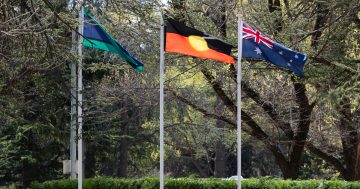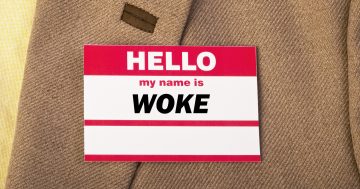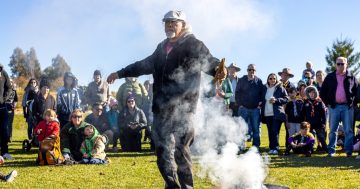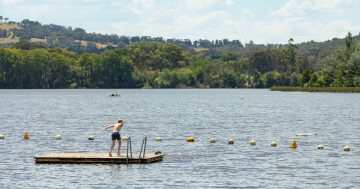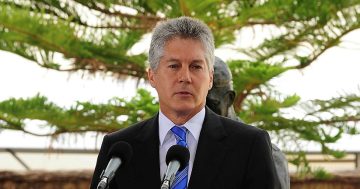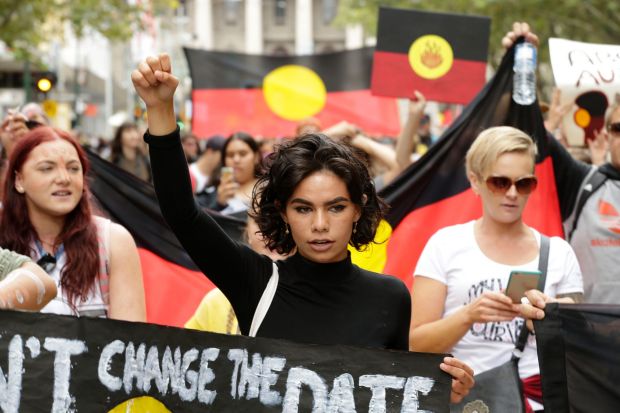
Australia Day on 26 January is increasingly a day of division, not unity. Photo: Supplied.
I’ve never been keen on national holidays, apart from enjoying the day off when I could, and that was not always a given working in the media industry.
It’s the jingoism and flag-waving that’s crept in over the years that leaves me uneasy, particularly Anzac Day.
But at least with 25 April there remains a unifying theme around which most of us can bow our heads, without buying into the nationalistic palaver that some politicians want to peddle.
Australia Day on the other hand has always been not much more than a marker in the calendar for the end of the summer break and the start of the back-to-school prepping.
Even better if it occurs on a Monday or a Friday so we get the much-loved long weekend.
As a child, I don’t remember the day being given much due although some in Sydney insisted on dressing up as Governor Phillip and NSW Corps troops to commemorate the founding of the penal colony, something that inevitably drew the indignant ire of the first inhabitants.
It was low-key but still part of a narrative that the advent of white settlement was a benign, seamless event that marked the birth of the nation.
Despite increasing focus on celebrating nationhood on the anniversary of the start of white settlement and wrapping it in the flag, the growing militancy of First Nations combined with greater knowledge about colonisation and its consequences have left many Australians to develop misgivings about Australia Day.
How do we mark a day that would prove disastrous for Indigenous peoples and have tragic ramifications that we are still coming to grips with?
The other factor is the huge number of migrants from non-British backgrounds, many of whom would find little to relate to in remembering the founding of an 18th-century penal colony.
Australia Day on 26 January is no longer, if it ever was, a unifying force for the nation, no matter how hard proponents and governments try to create celebratory and inclusive programs because the date and what it stands for gets in the way.
It doesn’t mean we ignore history, the British legacy or how the modern nation began. Indeed we should embrace the past more fully and consciously.
We can and should have a national holiday on which we can give thanks for the blessings of this country and celebrate in ways of our own choosing, whether that be a party in the park or a barbecue in the backyard. But please no parades.
What that date could be is the challenge. Federation, again an event that was exclusively for white Australians, falls on New Year’s Day, so rule that out.
But it is not beyond the imagination of Australians to find a date that offers hope for us all instead of one that is so heavy with colonial baggage.
Just so long as it’s attached to a weekend.
This year Australians will vote in a referendum on giving First Nations recognition in the Constitution and a Voice to Parliament, something that offers a way forward for the nation to begin healing.
There are no illusions about it resolving the complex issues bequeathed to us, but it does present the opportunity for a fresh start.
Hopefully, voters will ignore Peter Dutton’s opportunistic spoiling and embrace the chance for progress.
The Voice could go hand in hand with a new date for a national holiday to bring us all into the same tent. At least for a day.












